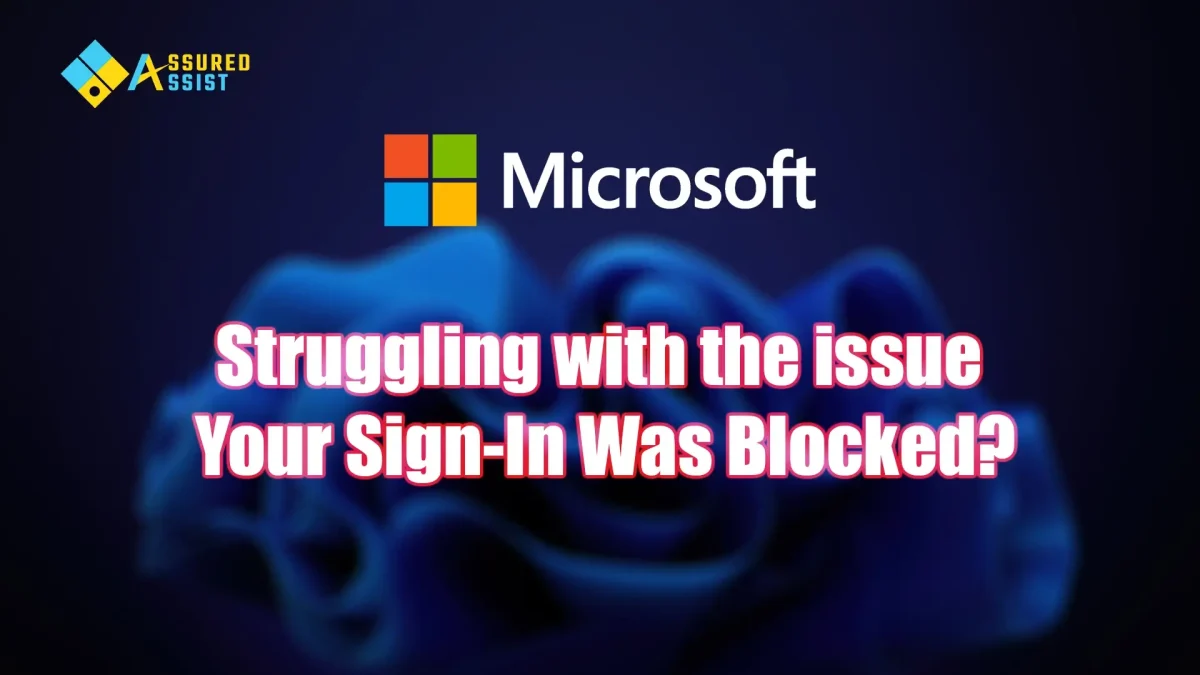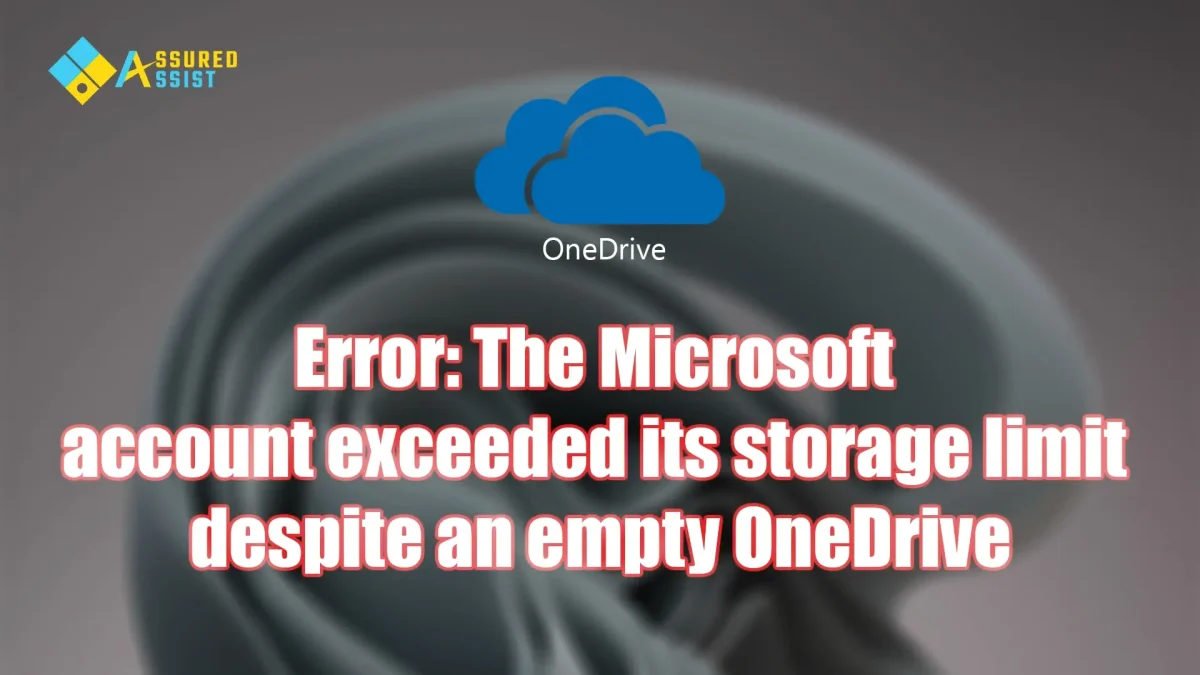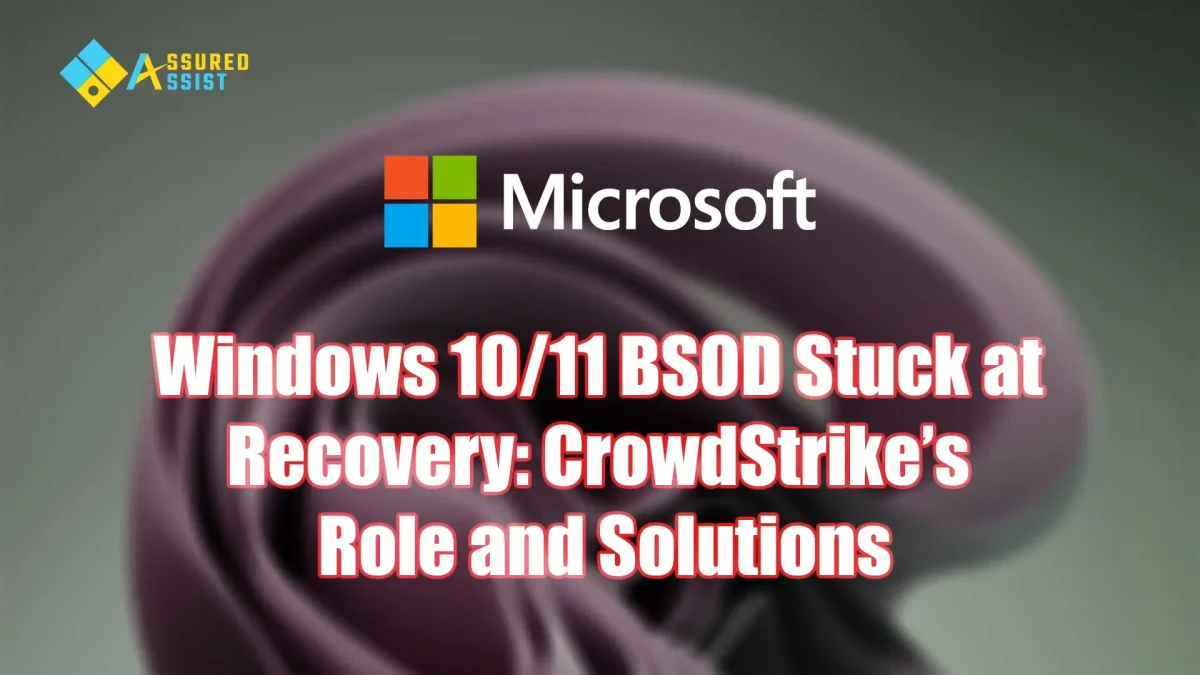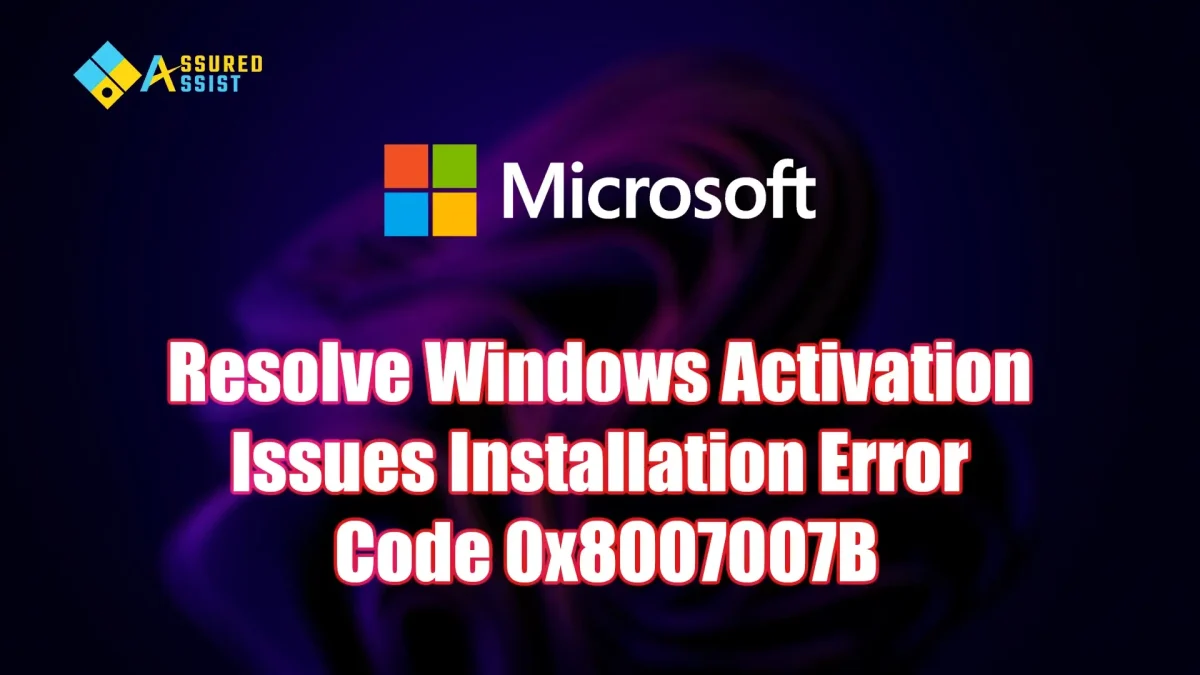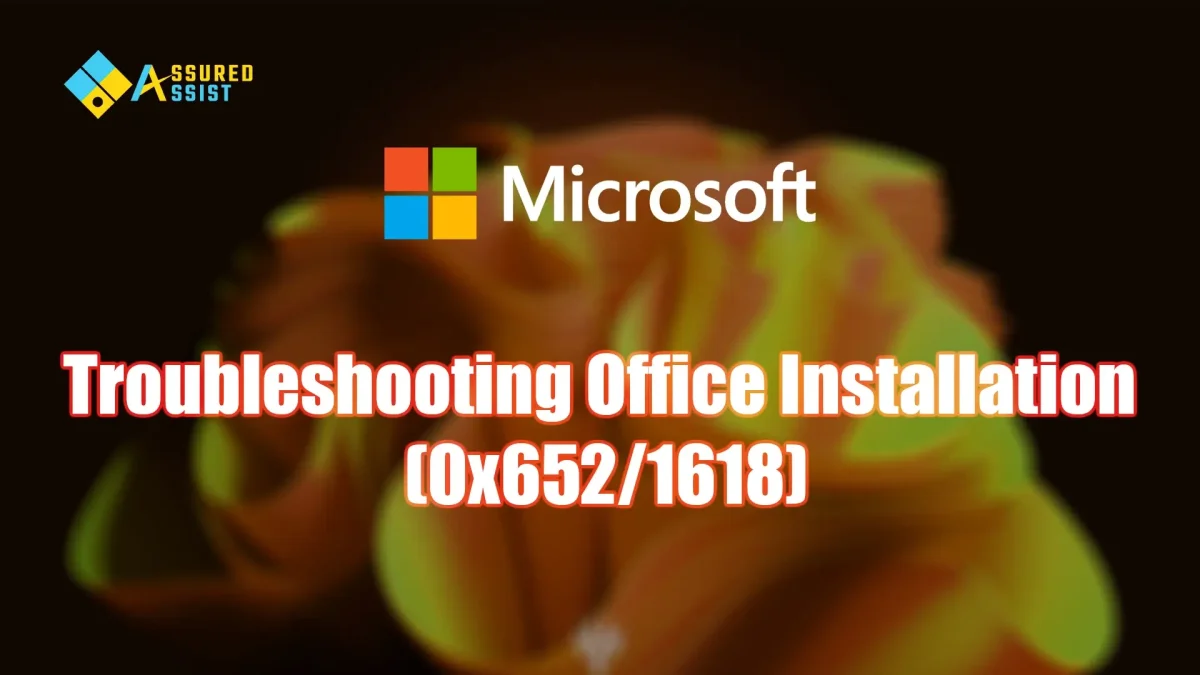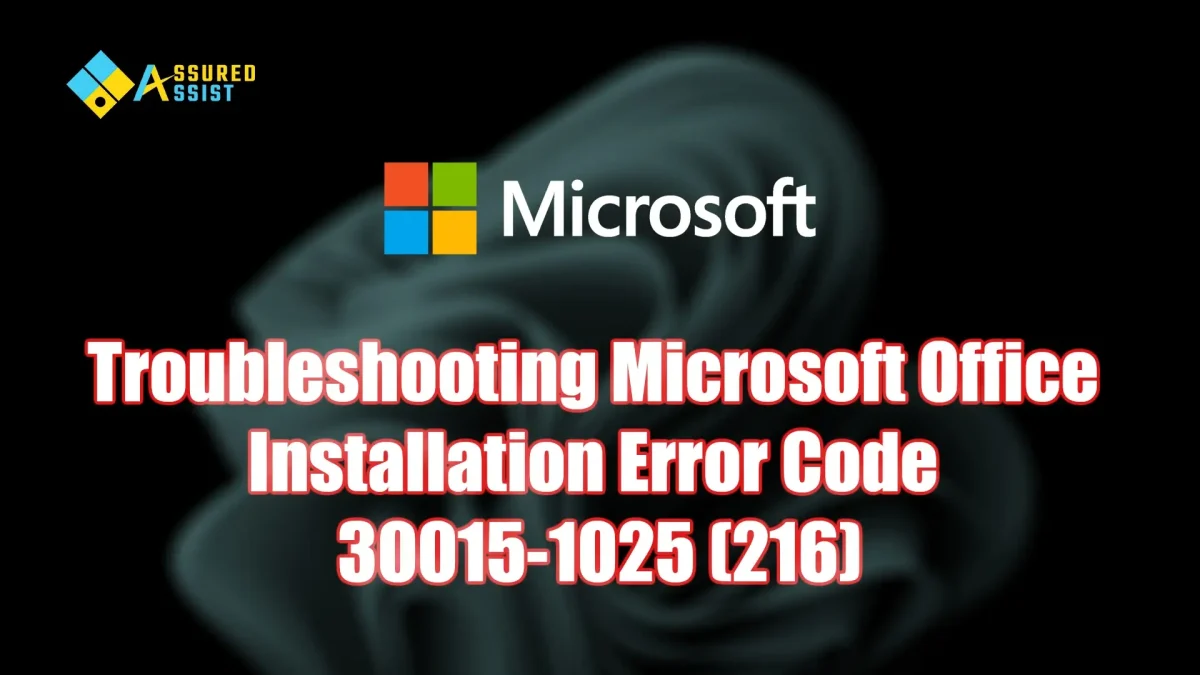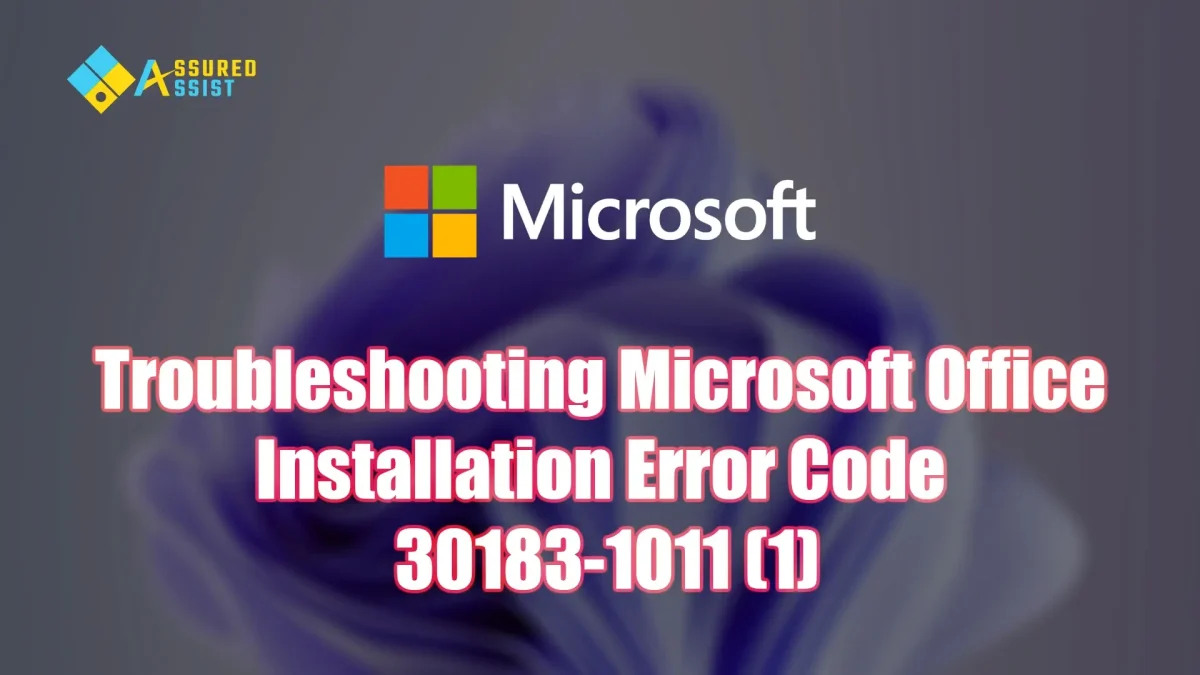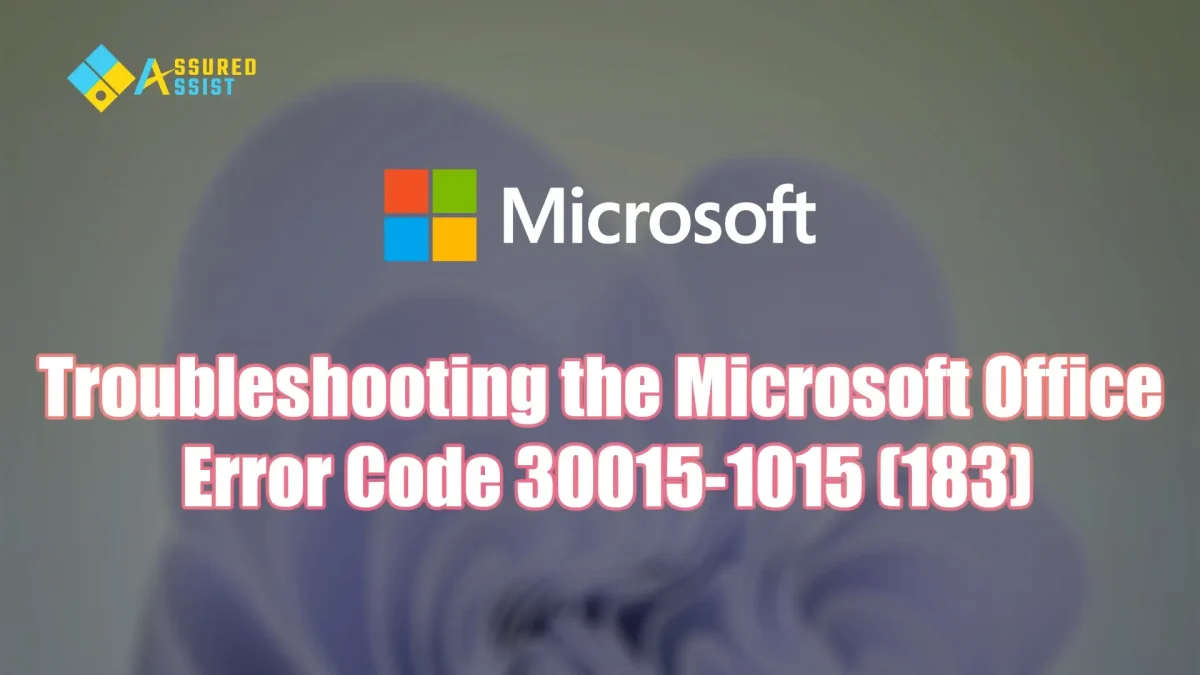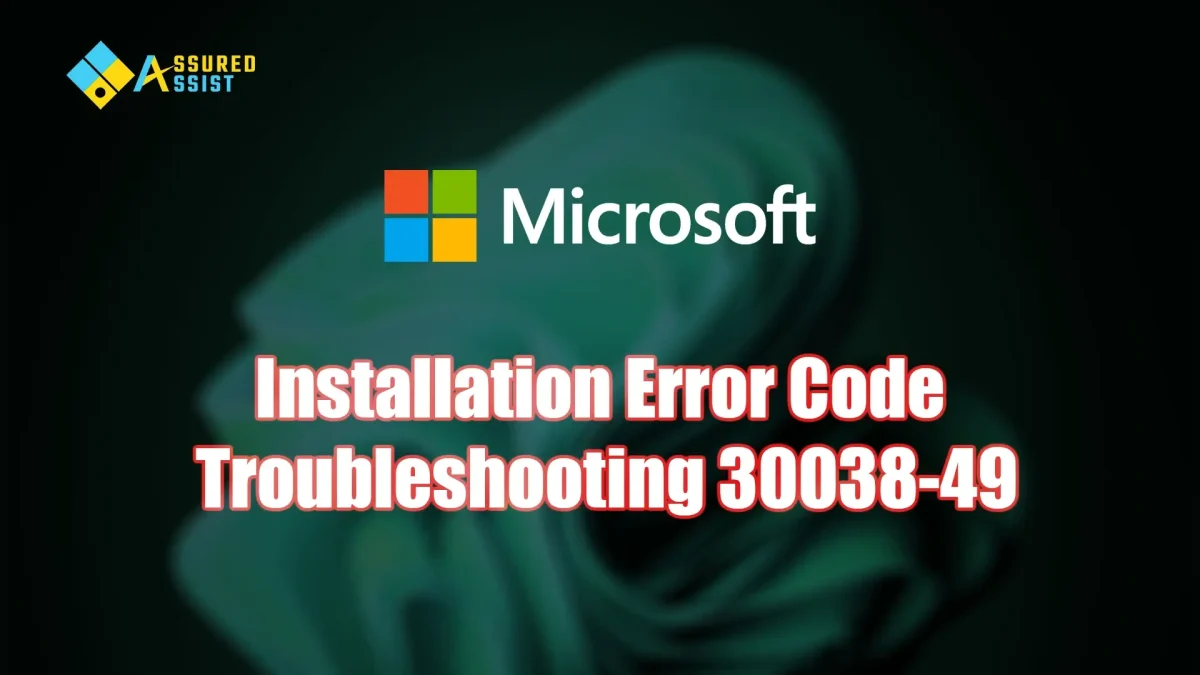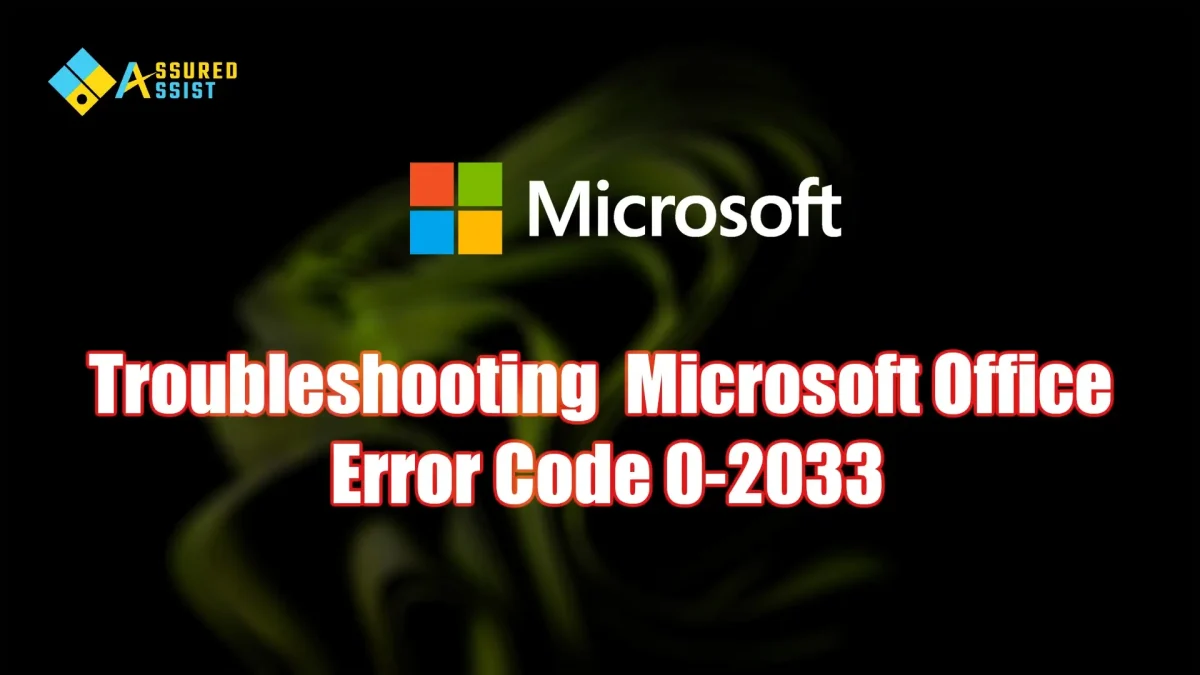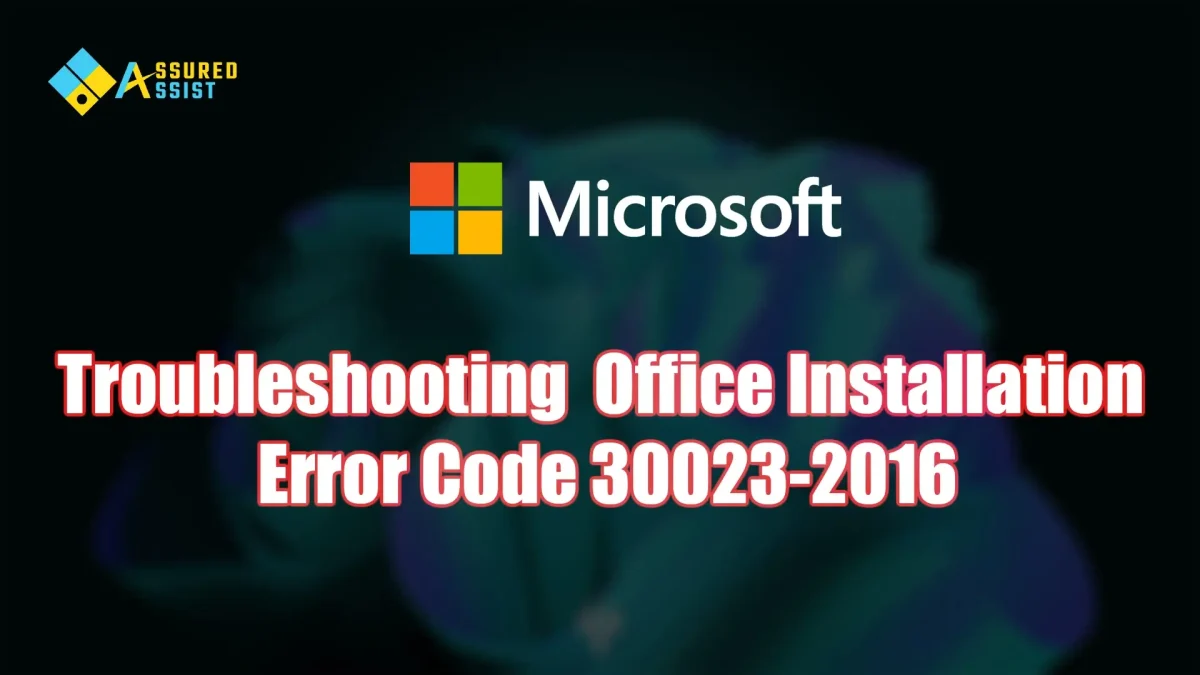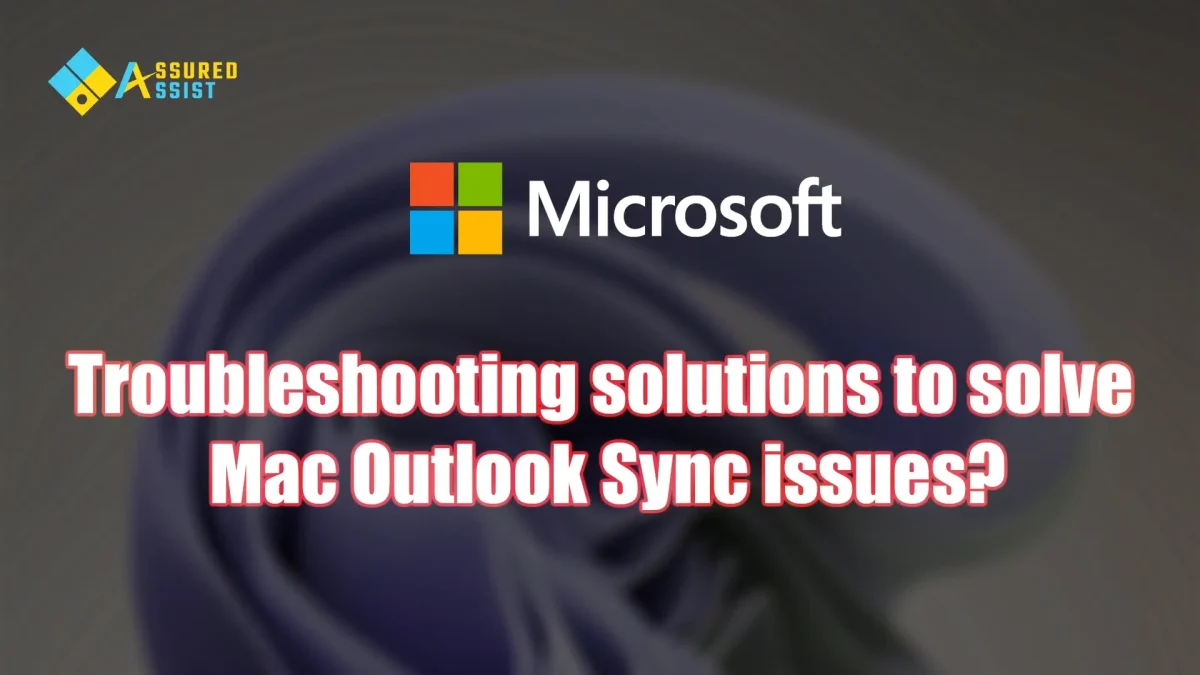The slowdown might happen so gradually that you hardly notice it, until one day you’re trying to open a program or file and wonder, “What happened to my poor PC?”
(windows 7 slow performance fix)
How To Optimize Windows 7 Slow Performance Issues Fix
Whatever the cause, there are lots of ways to help speed up Windows and make your PC work better—even without upgrading your hardware. Here are some tips to help you optimize Windows 7 for faster performance.
Try the Performance troubleshooter
The first thing that you can try is the Performance troubleshooter, which can automatically find and fix problems. The Performance troubleshooter checks issues that might slow down your computer’s performance, such as how many users are currently logged on to the computer and whether multiple programs are running at the same time.
Delete programs you never use
Many PC manufacturers pack new computers with programs you didn’t order and might not want. These often include trial editions and limited edition versions of programs that software companies hope you’ll try, find useful, and then pay to upgrade to full versions or newer versions. If you decide you don’t want them, keeping the software on your computer might slow it down by using precious memory, disk space, and processing power.
Limit how many programs run at startup
Many programs are designed to start automatically when Windows starts. Software manufacturers often set their programs to open in the background, where you can’t see them running, so they’ll open right away when you click their icons. That’s helpful for programs you use a lot, but for programs you rarely or never use, this wastes precious memory and slows down the time it takes Windows to finish starting up.
Clean up your hard disk
Unnecessary files on your hard disk take up disk space and can slow down your computer. Disk Cleanup removes temporary files, empties the Recycle Bin, and removes a variety of system files and other items that you no longer need.
Check for viruses and spyware
If your PC is running slowly, it’s possible that it’s infected with a virus or spyware. This is not as common as the other problems, but it’s something to consider. Before you worry too much, check your PC using antispyware and antivirus programs.
A common symptom of a virus is a much slower-than-normal computer performance. Other signs include unexpected messages that pop up on your PC, programs that start automatically. The sound of your hard disk constantly working.
Restart regularly
This tip is simple. Restart your PC at least once a week, especially if you use it a lot. Similarly Restarting a PC is a good way to clear out its memory. Next ensure that any errant processes and services that started running get shut down.
Restarting closes all the software running on your PC not only the programs. You see running on the taskbar, but also dozens of services that might have been started by various programs and never stopped. Restarting can fix mysterious performance problems when the exact cause is hard to pinpoint.
Still need assistance initiate the chat with our Technical Expert:
Windows 10 TroubleshootWindows 10 updatewindows 11 updateWindows 7 issues




